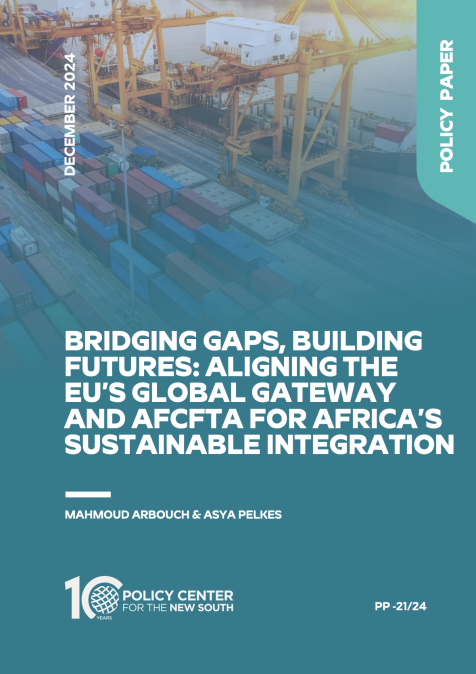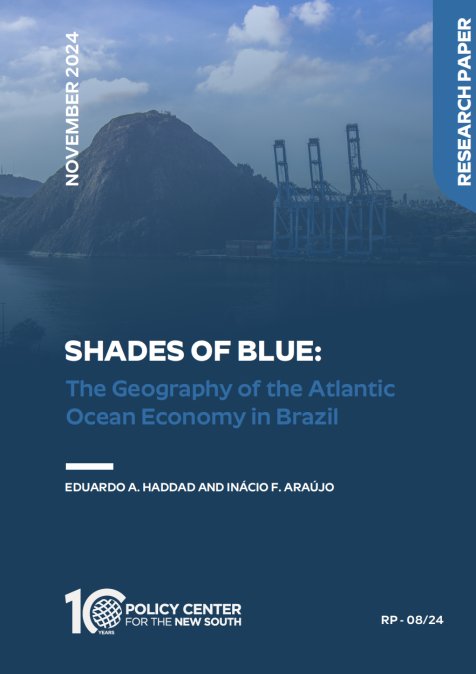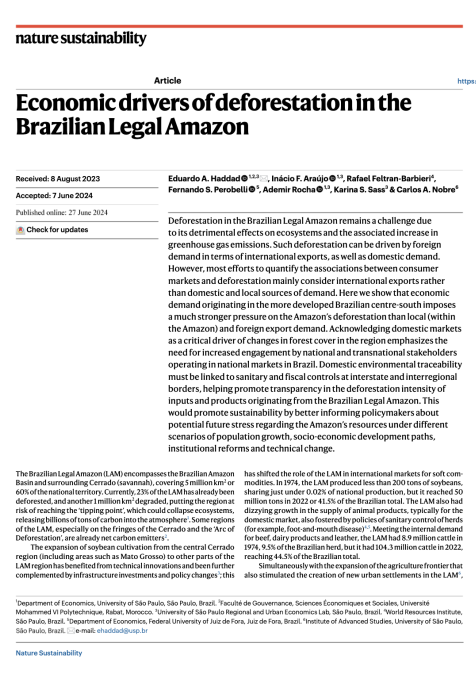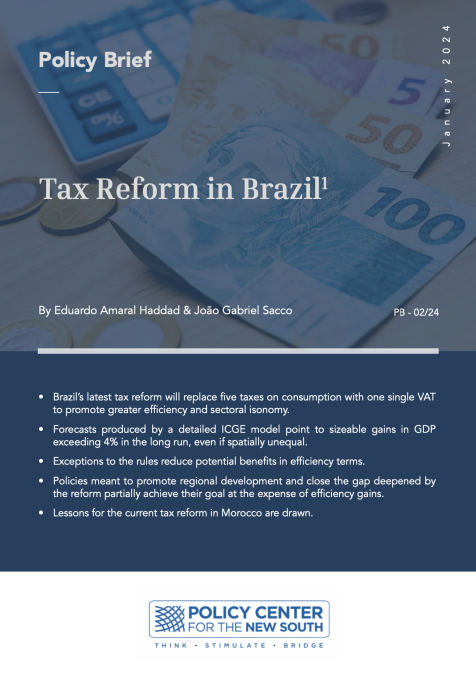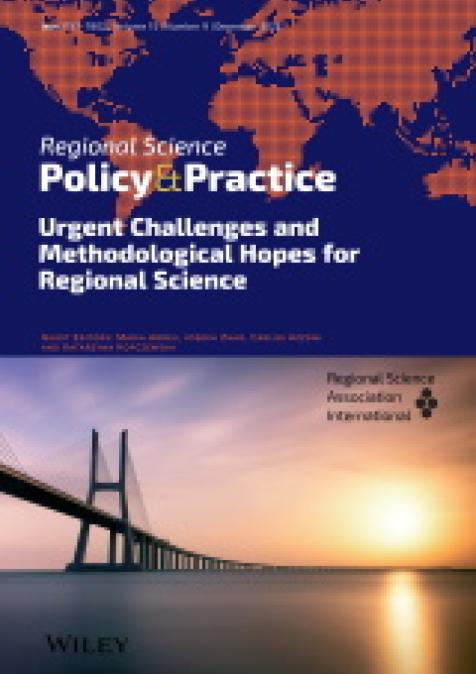Podcasts
The Brazilian Perspective on Emerging Leaders
21
February
2025
Related topics:
In this podcast, Atlantic Dialogues Emerging Leader Eduarda Zoghbi highlights the growing influence of the Global South and advocates for the inclusion of younger voices in global discussions and intergenerational dialogue. The episode explores how young leaders are challenging power dynamics and promoting inclusive, collaborative solutions to global challenges. The podcast underscores the importance of multilateralism and international cooperation in shaping the future.


